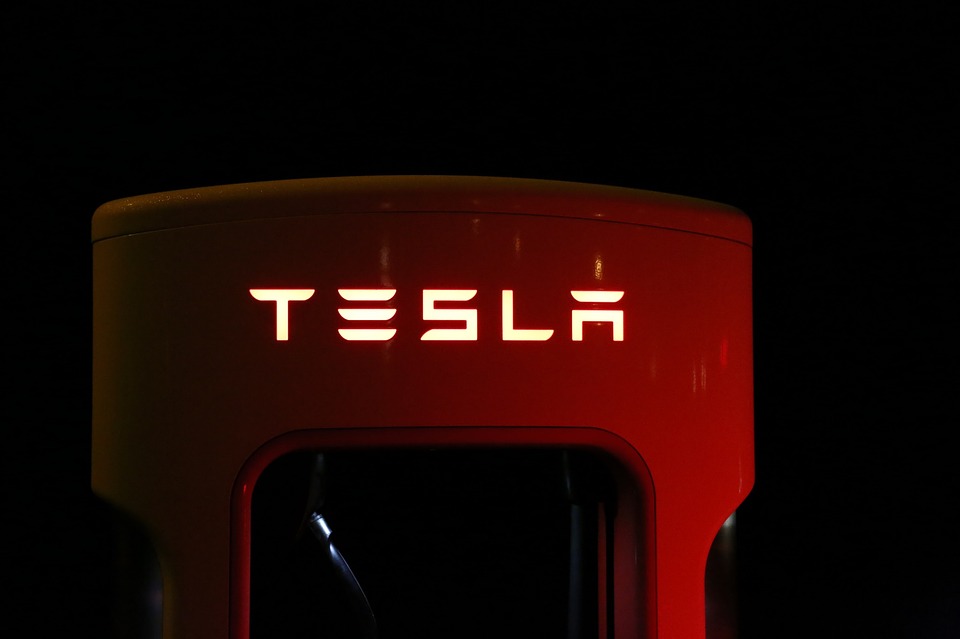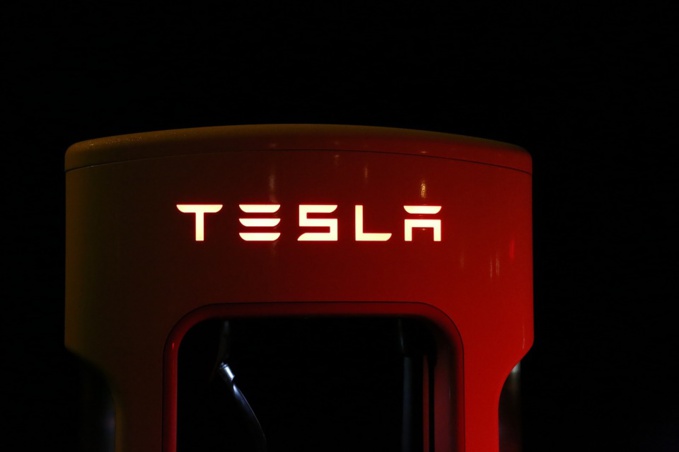According to the publication, Tesla and the authorities of Shanghai are discussing timing and other details of the agreement. If the deal is concluded, the company will build a plant in the free trade zone.
Under local law, foreign companies are required to open production in China on a joint venture basis with local companies. However, the watchdogs can make an exception for Tesla: the company will completely belong to the American automaker.
The launch of the plant in Shanghai's free trade zone will significantly reduce the cost of producing electric vehicles. Yet, China can charge machines produced at the local Tesla plant at a rate of 25%, which is levied when importing foreign cars.
Neither side commented on the information. Tesla only noted that the company plans to "clearly define" plans for production in China before the end of the year. China is one of the most attractive markets for producers of transport on alternative fuels. In 2016, Tesla sold about 11,000 cars in China; its sales revenue amounted to $ 1.07 billion. At the same time, in the largest sales market in the US, the company raised about $ 4.2 billion here.
"China can become Tesla's largest source of revenue if the company manages to open its factories in the country, and we expect Tesla to announce a development strategy in the PRC in the short term," wrote Piper Jaffray’s analyst in a note to clients. The analyst noted that 24.3 million cars were sold in China in the last year, compared to 17 million in the US. He also expressed confidence that the demand for luxury cars in China will be growing for many years.
In total, 507 thousand cars with new energy sources (NEV) were sold in the country in 2016, which is 53% more than the previous year. Sales of electric vehicles increased by 65.1% and reached 409 thousand, that is, they account for 80% of the total sales of NEV. According to the plan of the PRC government, more than 12,000 charging stations for electric vehicles will be built in the country until 2020, and the number of such vehicles will exceed 5 million.
Beijing has already ordered all local automakers to start manufacturing electric vehicles by 2019. In addition, according to statements of officials, the authorities are working out a plan to ban petrol engines.
Previously, Tesla announced that it will supply modified versions of electric vehicles Model S and Model X in China. The charging connectors of the cars will comply with Chinese state standards. As a result, Tesla’s customers will be able to charge their vehicles not only on branded charging stations. In addition, the company is ready to provide all those, who have already bought these models, with free adapters.
Tesla has built more than 700 charging stations, and by the end of the year their number is expected to reach 1,000. Currently, the company's network of branded charging stations covers more than 170 cities throughout China, the Xinhua news agency said.
source: wsj.com
Under local law, foreign companies are required to open production in China on a joint venture basis with local companies. However, the watchdogs can make an exception for Tesla: the company will completely belong to the American automaker.
The launch of the plant in Shanghai's free trade zone will significantly reduce the cost of producing electric vehicles. Yet, China can charge machines produced at the local Tesla plant at a rate of 25%, which is levied when importing foreign cars.
Neither side commented on the information. Tesla only noted that the company plans to "clearly define" plans for production in China before the end of the year. China is one of the most attractive markets for producers of transport on alternative fuels. In 2016, Tesla sold about 11,000 cars in China; its sales revenue amounted to $ 1.07 billion. At the same time, in the largest sales market in the US, the company raised about $ 4.2 billion here.
"China can become Tesla's largest source of revenue if the company manages to open its factories in the country, and we expect Tesla to announce a development strategy in the PRC in the short term," wrote Piper Jaffray’s analyst in a note to clients. The analyst noted that 24.3 million cars were sold in China in the last year, compared to 17 million in the US. He also expressed confidence that the demand for luxury cars in China will be growing for many years.
In total, 507 thousand cars with new energy sources (NEV) were sold in the country in 2016, which is 53% more than the previous year. Sales of electric vehicles increased by 65.1% and reached 409 thousand, that is, they account for 80% of the total sales of NEV. According to the plan of the PRC government, more than 12,000 charging stations for electric vehicles will be built in the country until 2020, and the number of such vehicles will exceed 5 million.
Beijing has already ordered all local automakers to start manufacturing electric vehicles by 2019. In addition, according to statements of officials, the authorities are working out a plan to ban petrol engines.
Previously, Tesla announced that it will supply modified versions of electric vehicles Model S and Model X in China. The charging connectors of the cars will comply with Chinese state standards. As a result, Tesla’s customers will be able to charge their vehicles not only on branded charging stations. In addition, the company is ready to provide all those, who have already bought these models, with free adapters.
Tesla has built more than 700 charging stations, and by the end of the year their number is expected to reach 1,000. Currently, the company's network of branded charging stations covers more than 170 cities throughout China, the Xinhua news agency said.
source: wsj.com



















